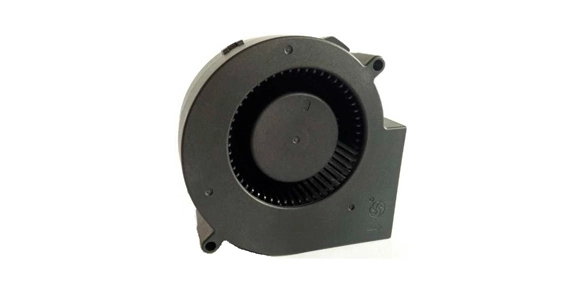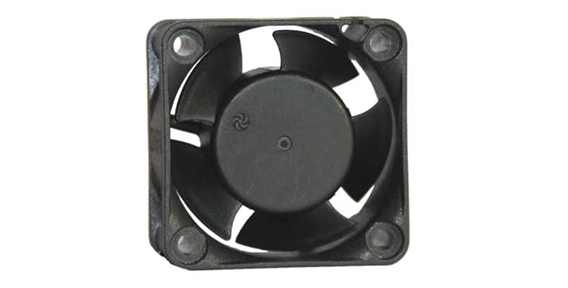Refrigerators are an essential appliance in every kitchen, ensuring that our food stays fresh and safe to consume. One key component of a refrigerator that plays a vital role in its efficiency is the cooling fan. In this article, we will delve into the importance of a cooling fan for fridge efficiency, its role in maintaining a consistent temperature inside a refrigerator, as well as the energy-saving features and technology advancements in cooling fans for fridges.
The Importance of a Cooling Fan for Fridge Efficiency
A cooling fan for fridge is crucial for maintaining the efficiency of a fridge. This fan helps to dissipate the heat generated by the refrigerator's compressor and condenser coils, preventing the internal temperature from rising and ensuring that the cooling process continues effectively. Without a cooling fan, a refrigerator would struggle to cool down the interior, leading to spoilage of food items and potential health hazards.

The Role of a Cooling Fan for Fridge in Maintaining Consistent Temperature
One of the primary functions of a cooling fan is to maintain a consistent temperature inside the refrigerator. As the fan circulates the air, it helps to distribute the cool air evenly throughout the fridge. This prevents the formation of hot spots and ensures that all food items are cooled uniformly. Additionally, the cooling fan for fridges also helps to remove any warm air that may be trapped inside the refrigerator, thereby promoting optimal cooling performance.
Energy-Saving Features and Technology Advancements in Cooling Fan for Fridges
As technology continues to advance, so do the features of cooling fans for fridges. Nowadays, manufacturers are incorporating energy-saving features to make these fans more efficient and environmentally friendly, and with more axial fan uses. For instance, some cooling fans are equipped with variable speed controls that adjust the fan's speed based on the refrigerator's cooling needs. This helps to minimize energy consumption and reduce electricity bills.
Another noteworthy advancement in cooling fan technology is the integration of sensor-based controls. These sensors measure the temperature inside the fridge and adjust the fan speed accordingly. When the temperature rises above a certain threshold, the fan speeds up to cool down the fridge quickly. Once the desired temperature is reached, the fan slows down, conserving energy. This intelligent operation ensures that cooling is optimized while reducing unnecessary energy consumption.
Furthermore, some cooling fans for fridges are designed to operate silently. Traditional refrigerator fans often produce a noticeable humming sound, which can be quite annoying, especially in open kitchen layouts. However, modern cooling fans are equipped with noise reduction technologies and efficient blade designs that minimize noise levels. This not only enhances the overall user experience but also reduces energy wastage.
In conclusion, a cooling fan is an integral part of fridge efficiency. Its function in maintaining a consistent temperature inside the refrigerator cannot be overstated. With the integration of energy-saving features and technology advancements, cooling fans for fridges are becoming even more efficient and environmentally friendly. Brands like XIE HENG DA are leading the way in creating cooling fans that consume less energy, operate silently, and deliver optimal cooling performance. So, the next time you appreciate your refrigerator for keeping your food fresh, don't forget to thank the cooling fan that silently works behind the scenes, ensuring the efficiency and functionality of your fridge.


 EN
EN 

 +
+
 +
+
 +
+



